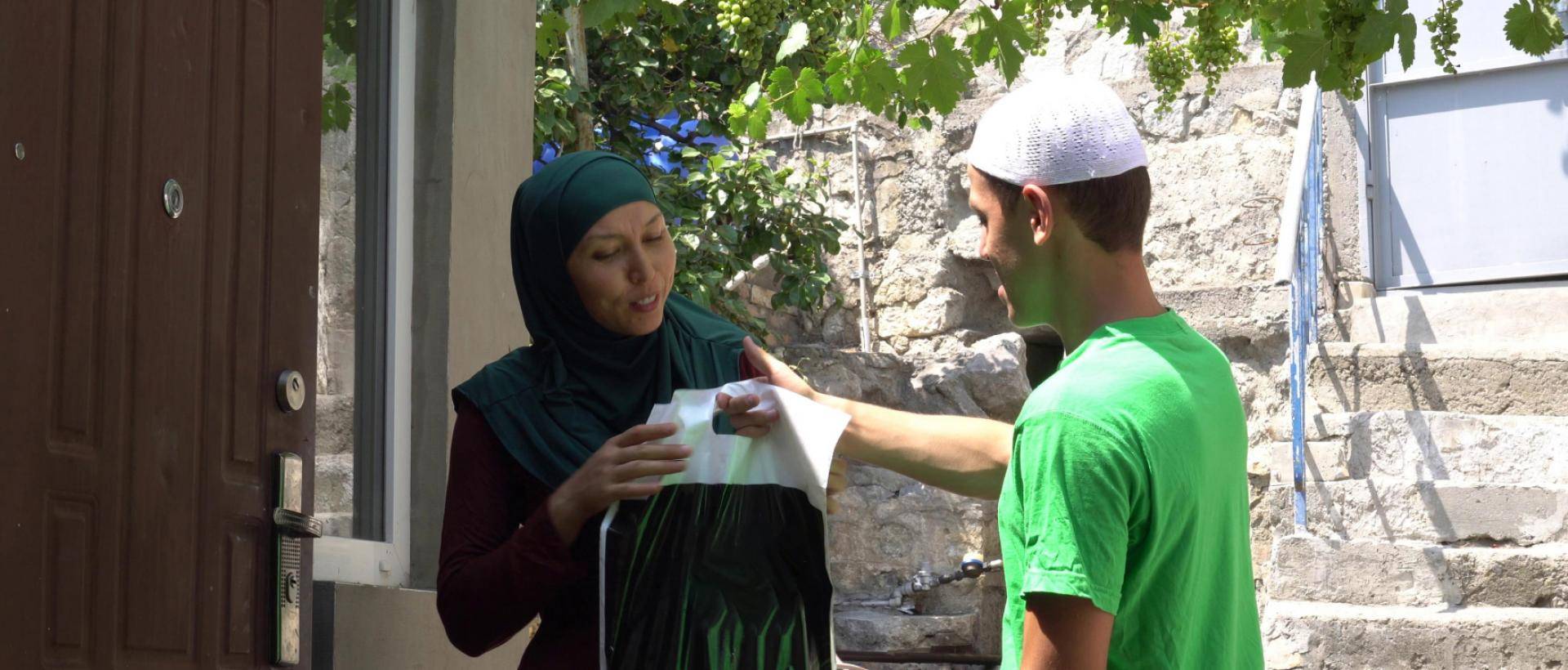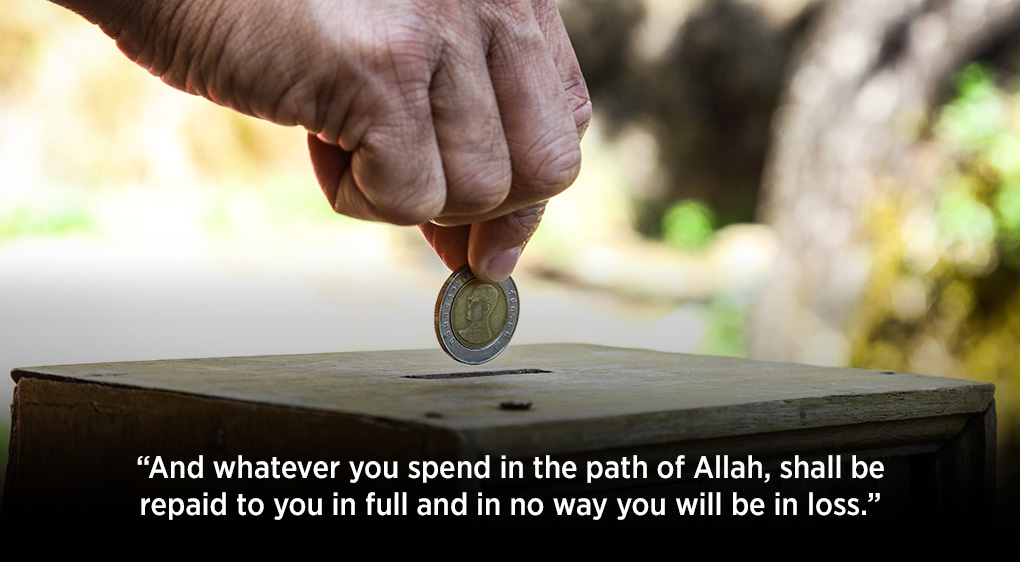
Zakat

Rules
There are Five Pillars of Islam, one of which is Zakat. For those new to Islam or who don’t have guidance from the Muslim community, getting to grips with the five pillars – specifically Zakat – can be relatively difficult. In this event, or for anyone looking to find out more about it, our complete guide on the rules of Zakat will tell you everything you need to know about the third pillar.
What is Zakat?
Zakat, also known as Zakah, is the third pillar of Islam and means ‘to purify’ your wealth in the name of Allah (SWT).
Charity in Islam is important, and there are many different obligations to follow, some of which may get confused. Sometimes, Zakat gets muddled up with Zakat Ul-Fitr, but they are different. Zakat Ul-Fitr – also known as Fitrana – is a compulsory donation (traditionally food, now more so a monetary donation to a charity who distribute food on your behalf) made before Eid. Zakat is an obligatory 2.5% donation all able Muslims make on their excess wealth to help those less fortunate and in need of assistance. If you’re wondering, can we give Zakat before Ramadan, the answer is yes, you can. It is not specific to a certain event or time of the year, although often it is given in the last 10 days of Ramadan as it is believed the rewards for giving are greatest at this time of year.
Through giving Zakat, the divide between the poor and rich is lessened and Muslims are reminded that being wealthy is not everything and that Allah (SWT) – whilst He can bless us with wealth – can take our fortune away. Through Zakat, we are able to become better Muslims.
- Those living in poverty and with little to no income referred to as Fuqara
- People who do not have access to basic needs and amenities, known as Al-Masakin
- Individuals or organisations employed to distribute Zakat, also called Amil
- Those who are new to Islam and friends of the community, referred to as Muallaf
- People living in captivity and victims of slavery, known as Riqab
- People who are in debt beyond their means, called Gharmin
- Individuals who work for Allah’s cause, also called Fisabilillah
- People who are travelling and require help or assistance, referred to as Ibnus Sabil
Simply put, those outside of these eight groups are not able to receive Zakat, but there are other rules too. For clarity, here are some of the most frequently asked Zakat questions and the answers.
Additionally, there are schools of thought which believe that a husband cannot pay Zakat to his wife but a wife can pay Zakat to her husband. Again, consult your local scholar for clarification on this.
- A practicing Muslim
- An adult (past the age of puberty)
- Of sound mind
- Of free will
- Have a consistent wealth flow
In addition to this, your wealth must exceed the nisab threshold after your monthly bills have been deducted. Nisab is calculated to the current market value of 612.36g of silver or 87.48g of gold. You must hold your wealth for a full Islamic year (Hawl) before you are required to pay Zakat. If you start the year above the nisab threshold and finish it above the nisab threshold, but your wealth dropped below the nisab threshold during the year, you are still eligible to pay zakat.
Wealth that is counted towards your zakat contribution includes:
- Money in the bank
- Cash
- Investments and stocks
- The value of secondary homes/vehicles
- Gold and silver in your possession
- If you do not meet the nisab threshold or cannot hold it for a full
Islamic year, you are not required to pay Zakat.
If you don’t exceed the nisab value, you need not pay.




